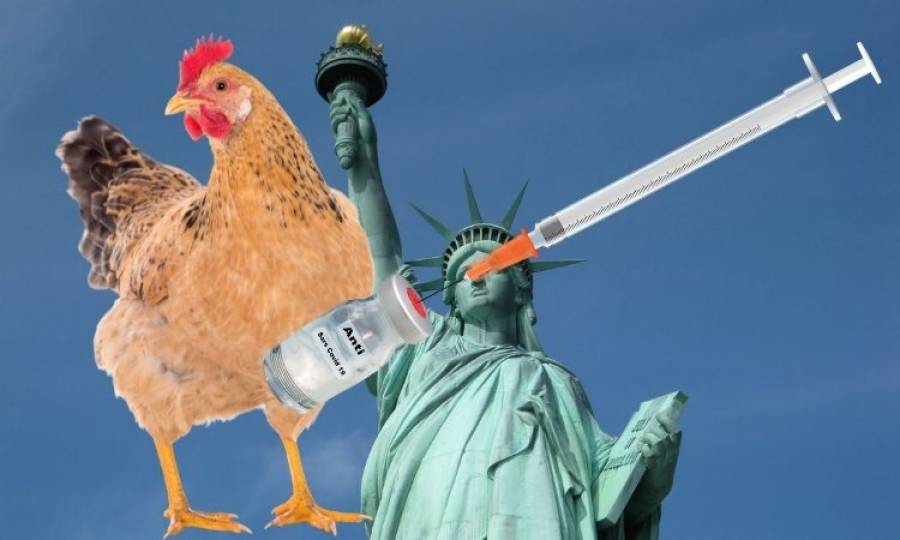USA is considering vaccines to protect poultry from bird flu

WASHINGTON DC: In light of the country's largest outbreak since 2015, the US Department of Agriculture is investigating vaccines to protect poultry against deadly bird flu, the agency's senior veterinary officer said.
Vaccine supporters argue they can help keep poultry alive, reduce financial losses, and keep food costs down, but the current outbreak has already killed 22 million hens and turkeys in commercial flocks since February.
As a result, the United States has previously avoided immunizations, fearing that importers would refuse to accept chicken shipments from the US if they couldn't distinguish between diseased and vaccinated birds.
Exports of poultry meat and eggs from the United States are expected to reach $4.2 billion by 2020, making it the world's second-largest exporter.
Rosemary Sifford, the USDA's Chief Veterinary Officer, stated that the agency's Agricultural Research Service is looking into the possibility of developing a vaccine that is distinct from the virus that has infected chickens.
If a vaccination like that could be developed, it would have less of an impact on trade, Sifford added. She claimed it would take at least nine months for researchers to come up with an accurate estimate.
Sifford said the USDA is collaborating with other countries to develop vaccines for bird flu, which has spread to Europe and Asia in addition to North America.
Exports to China and other countries have been restricted because of the outbreaks in more than a dozen states in the United States.
Chickens that are reared for meat only live for five to seven weeks, so some poultry farmers fear that vaccines would be too expensive.
According to Jim Sumner, president of the USA Poultry & Egg Export Council and a council member, the International Poultry Council, an industry association representing producers globally, is still looking into the possibilities.
It's possible that vaccination may be necessary in times of "extreme outbreaks," Sumner added.
Trending
Popular
Sindh pledges vigorous action to prevent poliovirus transmission
-
PMA stresses health equity on World ...
04:08 PM, 9 Apr, 2024 -
Dow University’s new rabies vaccine ...
12:18 PM, 28 Mar, 2024 -
IRD role lauded in advancing ...
02:53 PM, 12 Mar, 2024 -
Over one billion people worldwide ...
09:48 AM, 5 Mar, 2024




